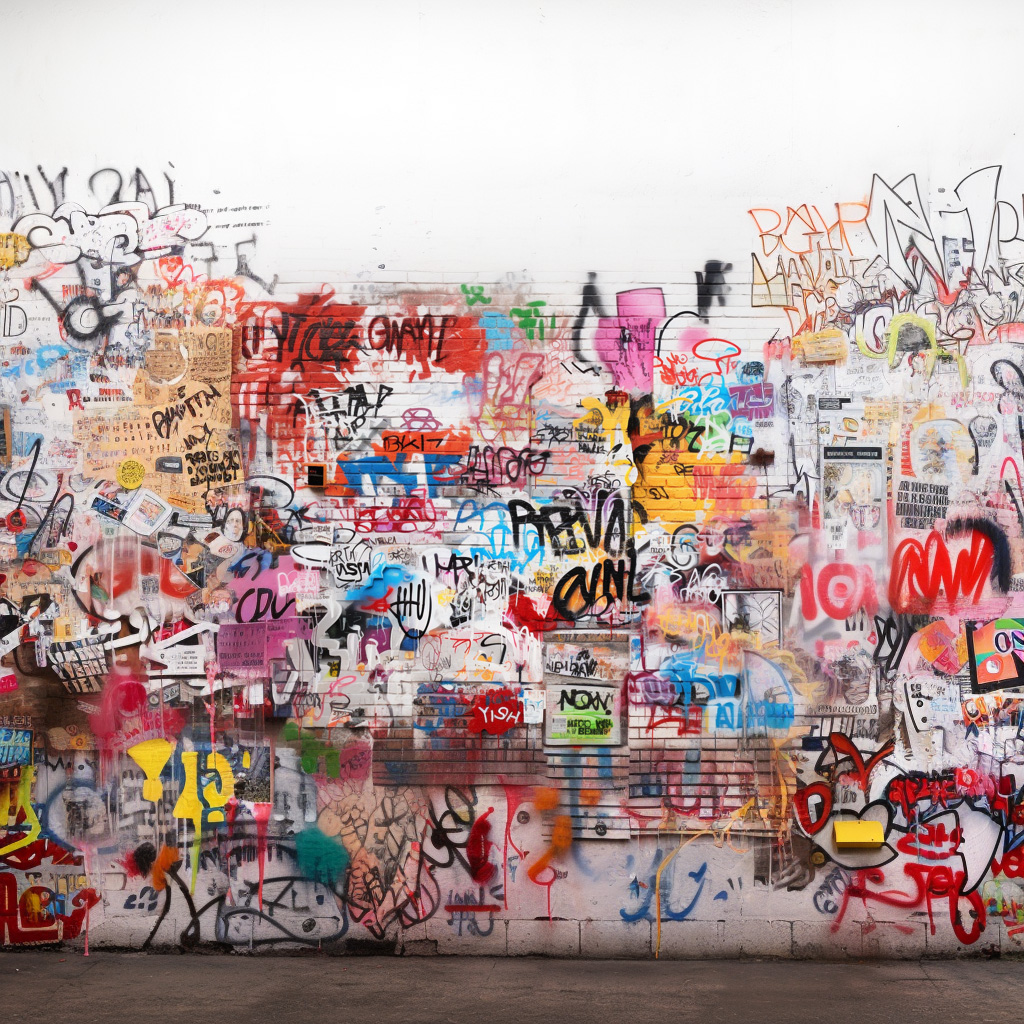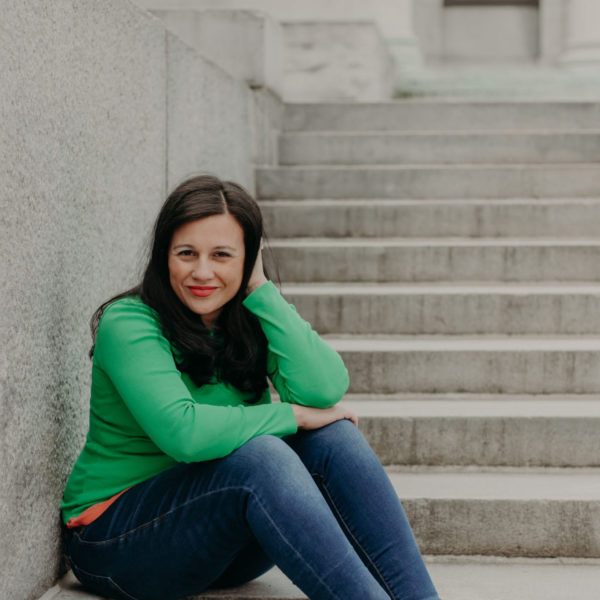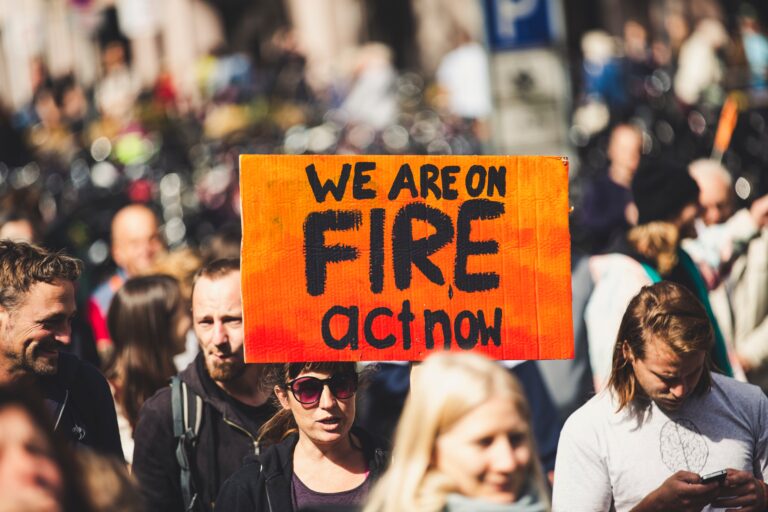Praying with voices from Charlottesville and learning how I am racist
I have never been to Charlottesville. In fact, I have barely spent anytime in the American South.
Like most people, though, I am horrified and sickened by the ugliness of racism that has been expressed there recently, especially last weekend. I want to know what to do, how to help and am trying to discern what sort of reaction I can muster.
Today I’ve been mourning the death and praying with the family of Heather Heyer, the counter-protestor who was hit by a car driven by a white supremacist on Saturday. I have been feeling heartsick for the friends and family of the police officers who died in the helicopter crash, Lt. H. Jay Cullen and Trooper Berke M. M. Bates, too. I went to a somber candlelight vigil with another Franciscan Sister of Perpetual Adoration on Monday night to pray for peace, healing and to mourn the the lives lost last weekend. I am trying to study the truth carefully, prayerfully. I know I have a lot to learn.
I don’t know how to make sense of what is happening in the United States of America. I don’t know how to pray or move forward in the mess. I am not sure where God needs me to focus my energy and prayers to help transform society, contribute to the healing of racial wounds and stand for truth and justice. I feel lost.
I have been compelled this week, therefore, to pray with some of the voices I know from Charlottesville.
First, I re-read this poignant essay from my friend Natasha Oladokun, “Why Are We Here if Not for Each Other?” before I got ready for Sunday Mass. I highly recommend that you read and pray with this essay, too, and allow yourself to consider the hard questions. Here’s an excerpt:
Bless those who curse you, pray for those who mistreat you, said Jesus — the champion of the marginalized and poor, the so-called religious radical who was executed by the state, the God to whom I’ve offered my life. It is an injunction that rarely makes earthly sense, especially now: how can I bless when I have nothing left to say? And what should I pray for? A plague of locusts?
In her book-length lyric essay Don’t Let Me Be Lonely, the poet Claudia Rankine asks, “Why are we here if not for each other?” This is the question I keep asking myself and whomever else will listen. Perhaps, in its own way, it’s the question. If our lives and work and words are not in the service of transformative devotion to and for our neighbors, then what, in heaven or hell, are we doing?
Secondly, I have been challenged and grateful for this message from another friend who calls Charlottesville her home, Andi Cumbo-Floyd. I have read this over and over, and am trying to take the challenge to heart:
My Dear, Beloved, White Brothers and Sisters,
I am seeing a lot of distancing, a lot of us stiff-arming the white nationalists, the Nazis and racists who marched in Charlottesville on Friday and Saturday. We are doing a lot of “them”ing about those folks, acting out our horror at their hatefulness. I get it. I want to do it, too, push those white people, those young white men especially, far away from myself. I want “them” to be “them,” too.
But they are us.
I say that with no hyperbolic force. I am speaking truth.
I am a racist. As a white woman who was raised in America, this is something I must own. It is part of what is taught to me as a white person in the United States – this belief that, somehow, white people are superior. I never got a lecture. No one ever told me that belief in so many words, but I was taught it nonetheless.
I know that I was taught this belief because sometimes I think and say things, racist things, that I didn’t know I believed. I won’t recount the list of those things for you here because I do not want to retraumatize our brothers and sisters of color who hear those things every day, but if you’d like examples, email me at andi@andilit.com, and I’ll share a few with you, as illustrations of my own brokenness.
So you, my beautiful, beloved, broken white brothers and sisters, you are racist, too. I know that’s hard to hear – I KNOW. But it’s true. You have been taught things about people of color, things that say they are inferior to you as a white person. If you consider carefully, you’ll find those things. I find more every day, and it breaks my heart.
We need to have our hearts broken.
But let me be clear – we don’t need to sit around feeling guilty, making this about us yet again. As Nadia Bolz-Weber said, “let’s be honest – white guilt does nothing. White guilt makes us look for exoneration. White guilt leads to changes of only optics in which people of color are the object and not the subject. Once again. White guilt leads to me trying to figure out how to relieve my white guilt and once again it’s all about me. So let’s let White Guilt go. It doesn’t work.” So no guilt here – it’s useless. Work is better. Honesty is better. Truth is better.
And for the love of Pete, don’t go around apologizing to all the people of color that you know – that, too, is asking them to do the work of exonerating you of your beliefs. Instead, do what my wise friend Nicole Morgan suggested – talk to other white people. Take your questions, your struggles outside the circle of people of color who have so long had to carry the burden of racism in every way. Write to me if you want. I”ll answer. We’ll talk it out.
But please, don’t make this about other people. Because it’s not. As you look at the people who marched on Friday and Saturday in Charlottesvile, in my city, don’t push them away with a stiff arm of safe distance. Pull them close. Look them in the eye. See them as your brothers, aunties, cousins, next-door neighbors, yes. But most importantly, see them as yourself.
Until we, the white people of America, can own the quiet racism in our own hearts AND the virulent armored racism that marches in our streets, we cannot change.
And we must change. WE, the white people of America, must change.
With all my love for all of us,
Andi
These two essays have been churning questions and agony within me, haunting me. Over and over I wonder: Am I racist too?
The insistence of this moment is that we all realize that our actions for racial reconciliation must be both internal and external. Internally, each of us must enter into the chasm of our hearts and minds and ask ourselves the most necessary and challenging questions such as: How am I racist?
I majored in history in college. Doing so helped me understand that all of the “isms” are complex, systemic and sinful. Racism, especially, is one of the worst “isms” that we need to confront, especially in ourselves, as it can be subtle and unconscious, and likely to come out sideways in our attitudes, beliefs and behaviors.
That’s the way social sin works. Even if we are working against it, we still absorb some of the evil. We all are harmed. We must repent.
This tool is especially helpful to me as I work to see more of the truth of how I may be racist without realizing it:
Externally, we must work for racial reconciliation in every possible way. Prayer, education, protest, social action are great ways to start. (You can look here to see if there is #StandWithCharlottesville event happening near you.) Intentional conversation circles and dialogues are valuable. Also, the Episcopalian Bishops of Virginia offer great specific actions here in their list titled “Concrete actions in the face of white supremacists and others whose message is counter to Christ’s embracing love.”
No matter how we proceed through this mess, let us remember that every person is worthy of God’s love and mercy. Let us not clump anyone into a group that we are against, but realize that even if they are acting in a way that goes against God, that they are also a child of God and need to be honored and loved as such. Let us be clear that Christ’s love is for all people, every race, language and nation.
And, fortunately, God gets to take the lead through this struggle; it’s not all up to us. Step by step we struggle forward, letting Jesus take the lead and bring us closer to true peace, reconciliation, healing and freedom. Amen.









Thank you.
I, too, am guilty …
Addie
—————————————–From: “Messy Jesus Business”
To: Cc: Sent: 16-Aug-2017 21:09:54 +0000 Subject: [New post] Praying with voices from Charlottesville and learning how I am racist
WordPress.com
Julia Walsh posted: “I have never been to Charlottesville. In fact, I have barely spent anytime in the American South. Like most people, though, I am horrified and sickened by the ugliness of racism that has been expressed there recently, especially last weekend. I want to”
I had never even met a Negro until I came to know Thea Bowman, but she changed my understanding that black or white we have the same aims and humanity, and the racism we see being expressed violently saddens me greatly.